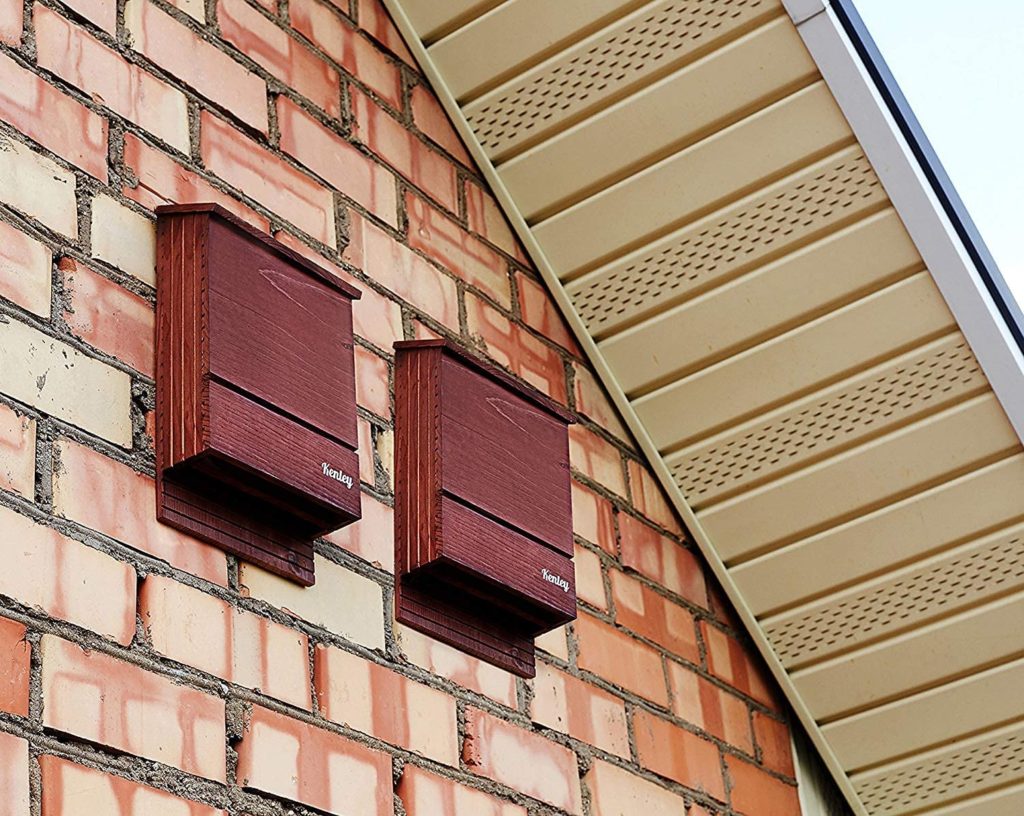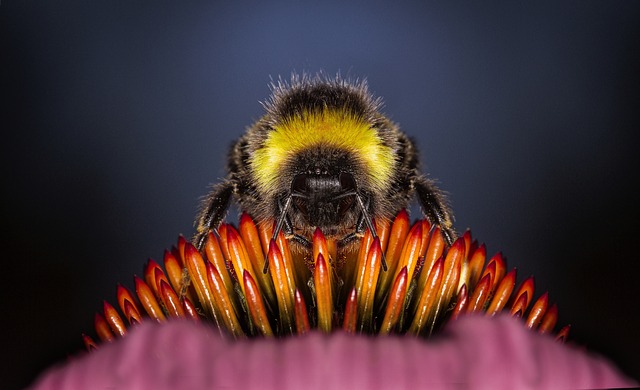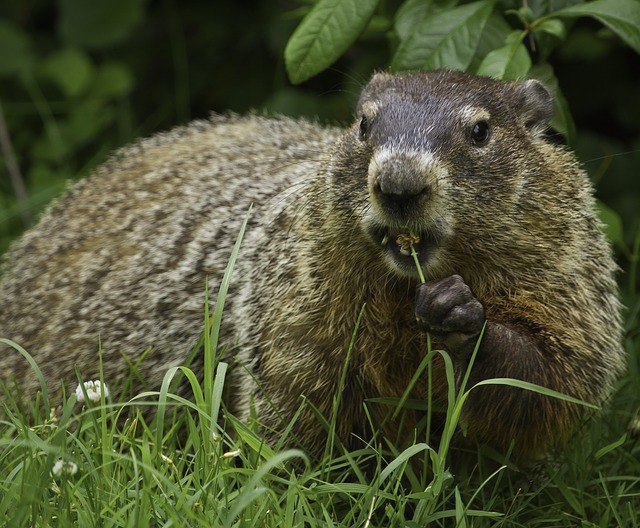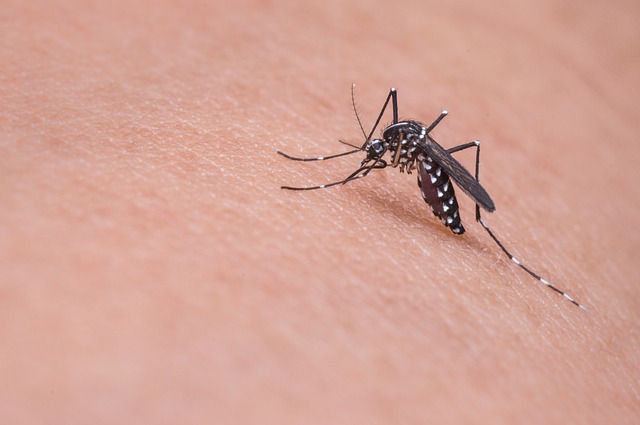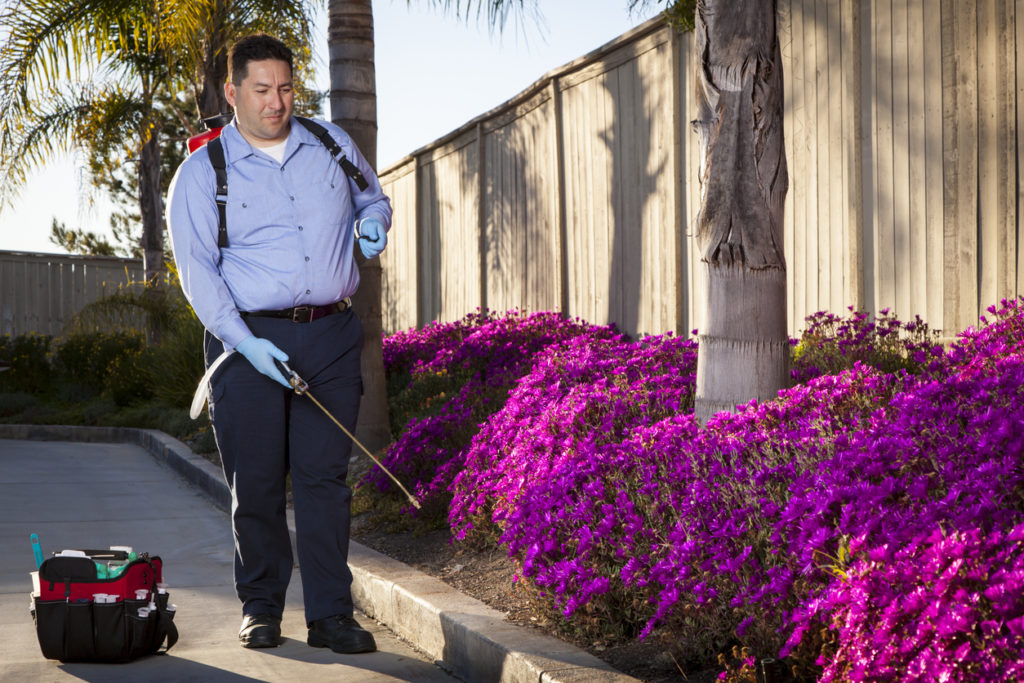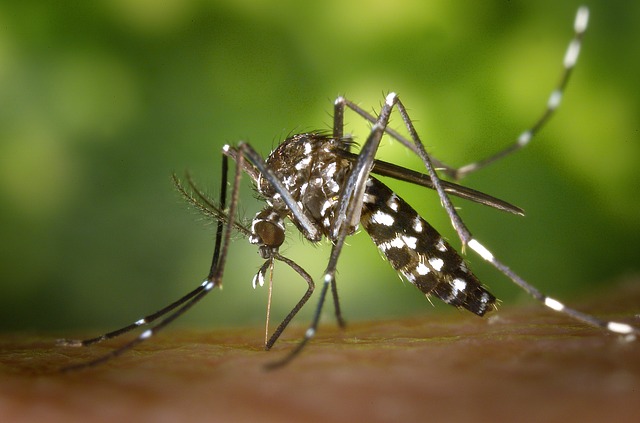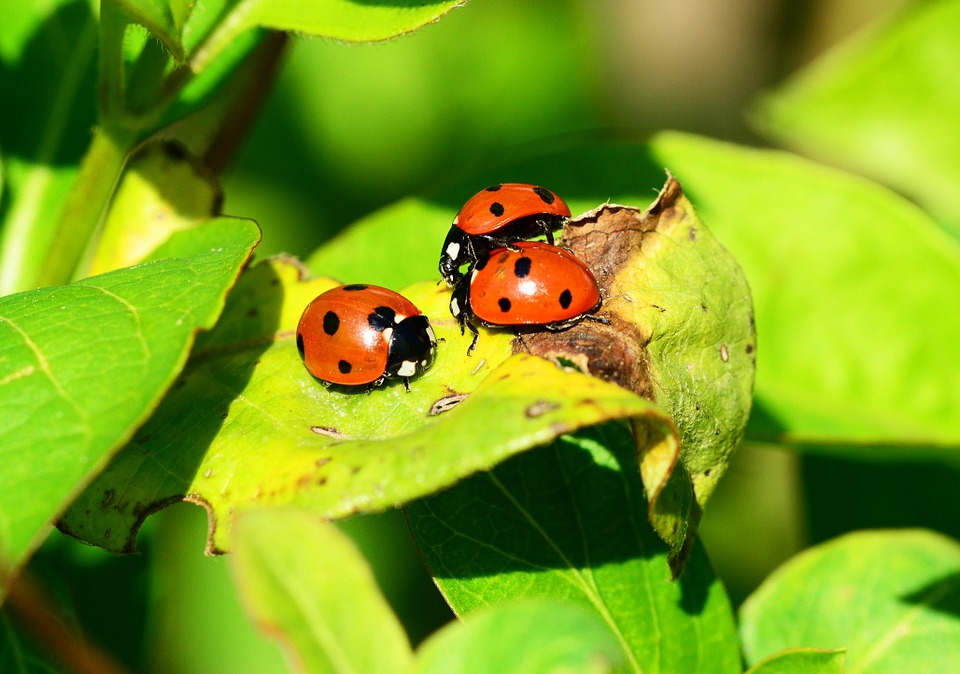
Bats are very particular when it comes to whether or not they will move into a bat house. One of the most important factors is the temperature inside, which will be strongly influenced by the direction that the house is facing. So what direction should a bat house face?
Bats And Temperature
In order to get bats to move into your bat house, you’ll definitely need to make sure it meets their needs. And the temperature is extremely important. Most types of bats types actually require the temperature inside the house to be close to around ninety-five degrees Fahrenheit.
However, depending on your geographic location and the exact species of bat they may need the temperature to be a little higher or lower. For example, northern bats will often require a warmer house while southern bats and those in desert locations may prefer it to be a bit cooler.
The Best Directions For Heat
To help ensure it gets warm enough, a bat house should face either south or south-east. This will give it the most possible hours of sunlight exposure. At a minimum, you’ll want to make sure that the house gets at least six to eight hours of the morning sun. This is especially important when the weather is cooler.
It needs to receive direct sunlight in order to keep the temperature high. So take care not to hang a bat house where it will be shaded by things such as branches or buildings. Painting the house a darker color such as brown or black can also help to increase the temperature as well.
While the direction a bat house faces is extremely important, you’ll need to take other factors into consideration too such as height and location. And remember that although providing ideal conditions can really help your chances, with bats there’s never a guarantee they’ll move in for sure.
Start Shopping for Bat Houses!
Where To Put A Bat House
Buy on Amazon Where to put a bat house is an important decision. If it’s not in an appropriate spot, you may be putting your resident bats in danger. Or you may end up with an empty house since no bats are interested in living in it. So you’ll need to know a few...
Beneficial Garden Insects And Creatures Often Confused For Pests
There are many animals that we consider to be pests. However, many of them actually perform critical tasks and help to control the populations of much more devastating species. The following beneficial insects and creatures are ones you’ll want to keep around....
The Most Common Backyard Pests
Your backyard is an ecosystem, however, not all of the animals which reside in or near it have the manners you’d like them to. There are many different animals that can be a nuisance. Here are some of the most common backyard pests that you’re likely to encounter....
The Complete Alligator Decoy Guide
Buy on Amazon Trying to keep predators and pests out of your pond or pool can seem like an impossible task. It can be time-consuming, frustrating, and the damage they cause can be costly and messy. With an alligator decoy, you’ll be able to use their instincts against...
How To Keep Mosquitoes Away From Your Outdoor Living space
If you want to enjoy your outdoor living space during the warmer months without getting eaten alive by mosquitoes, then there is work to be done. Read on below to find out exactly how to keep these blood-sucking pests away from your backyard when the temperature heats...
Pest Control Planning-3 Methods That Are Safe For Your Home and Family
Just the thought of dealing with an infestation of insects or rodents can be enough to send homeowners into a panic. Yet at the same time, the idea of spraying dangerous chemicals on your property can also be unsettling. Fortunately, you don't have to compromise your...
4 Natural Ways to Pest-Proof Your Garden and Patio
Summer is fast approaching, which means it's time to plan out all the fun outdoor activities in your garden. Whether that's having a barbecue, starting a vegetable patch, or chilling in an outdoor pool, summer is the perfect time to take advantage of your garden and...
Green Tips for a Green Garden
Unwanted pests and unwanted weeds are always popping up in the garden. These can ruin flowers or other plants around the yard. Instead of using dangerous chemical pesticides as a means of pest control, there are organic alternatives that work just as well. Here are...
